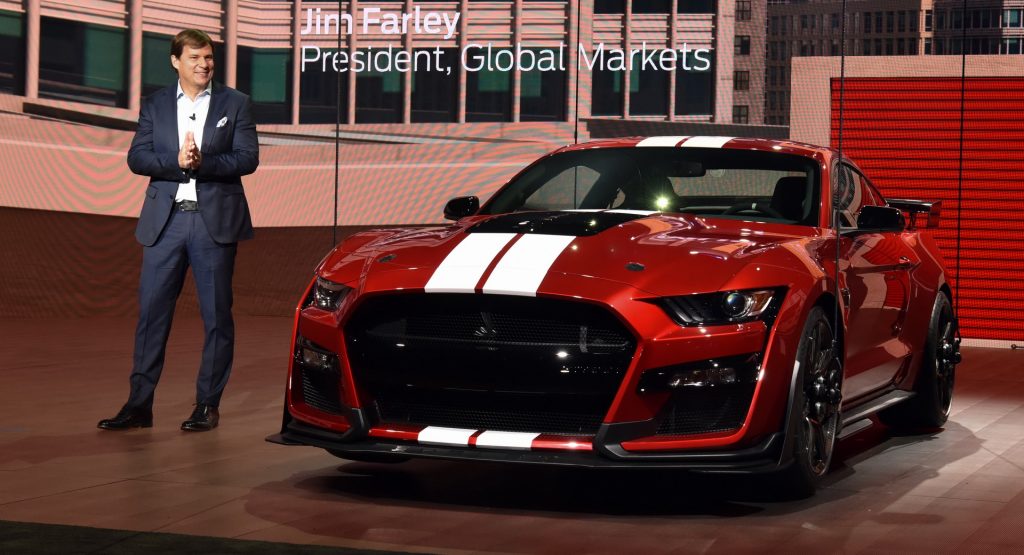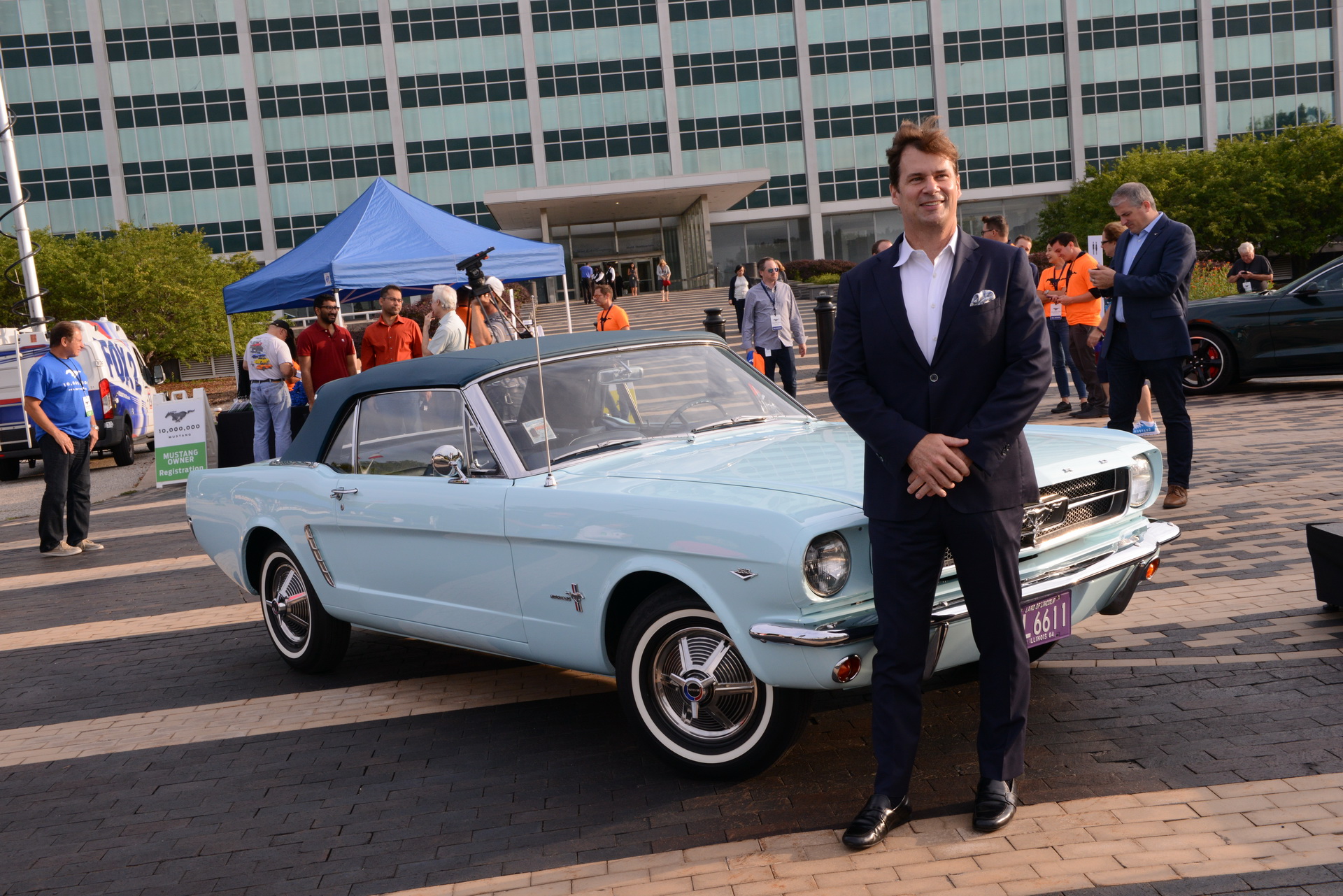Ford shares have plunged to their lowest in a decade and the company is looking to use it as an impetus to turn things around.
On Tuesday, Ford’s shares closed at $7.23, the lowest closing price since 2009, and as of the writing of this article, were sitting at $7.21, Yahoo Finance reports.
Recently speaking at a Wolfe Research conference in New York, Ford’s president of new business, technology and strategy and incoming chief operating officer Jim Farley, revealed the feeling with the company can be compared to what happened to the financial crises of a decade ago.
“Everyone at Ford knows the situation we’re in,” he said. “I can see it on the faces of my colleagues and it takes me back to about 10 years ago. I’ve seen the look before.”
Farley, alongside chief executive Jim Hackett, is accelerating an $11 billion turnaround plan for the car manufacturer. Farley believes the company operates the best when its back is against the wall.
“When I see Ford at its best was in ’08, coronavirus, Thai floods, earthquake in Japan. When there was a threat, the team comes together, decisions get made quickly at the right level. It’s very natural,” he said.
Read More: Ford Appoints Jim Farley As New Chief Operating Officer After Bleak 2020 Outlook
One of Farley’s most immediate priorities is to launch a number of new models while also fixing its execution when it comes to warranty costs, delivery, and revenue. New and expensive vehicles just around the corner for Ford include the Bronco, all-electric Mustang Mach-E, and the F-150 pickup.
Ford’s warranty costs reached $5 billion in 2019, up $1.5 billion in recent years, while costs of fixing problems at a vehicle’s launch have totaled an estimated $1 billion. The automaker believes it can erase much of its spending on warranty repairs thanks to the data it receives from newly connected cars. Additionally, Ford wants to grow its global fleet business with Farley adding the company also needs to build better customer loyalty.
“We have to accelerate the sense of urgency,” he said. “I think it’s there for natural reasons because of the stock price, our financial performance, the personnel moves we’ve made … but it’s not enough.”





